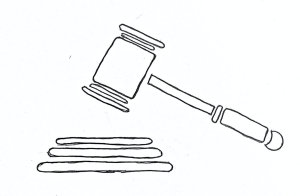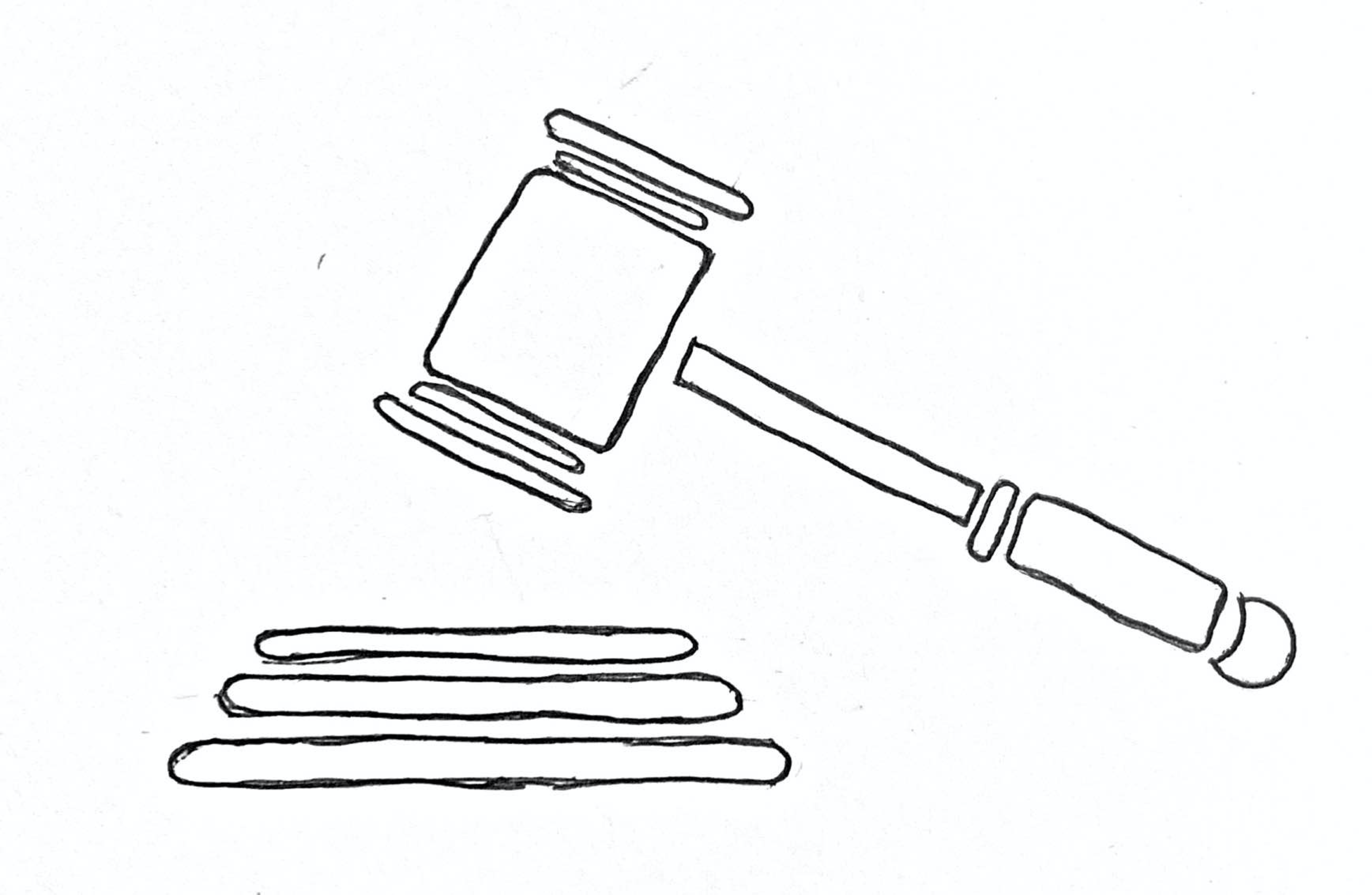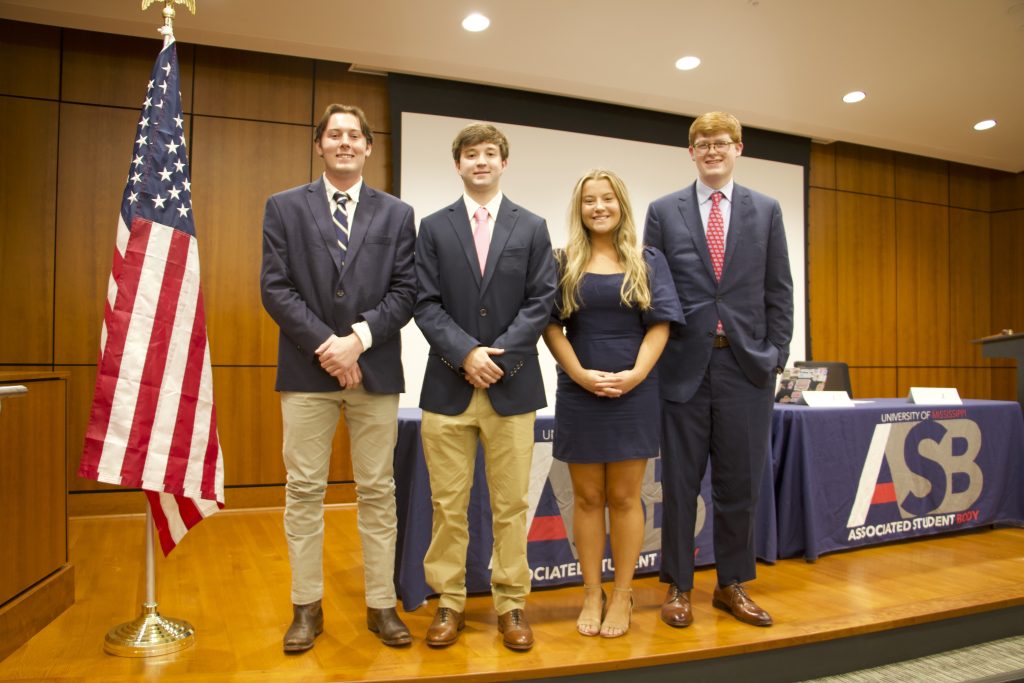Mississippi politicians have a long history with legal practice. Many elected officials and lobbyists have prior experience in the legal field; however, the “Legal Deserts Index” found that Mississippi currently ranks 44th in the nation in lawyers per 1,000 citizens. For this reason, Mississippi is considered a “legal desert.”
Legal deserts are areas (primarily rural) in a state where citizens must drive long distances to seek representation or legal counsel. People in legal deserts not only struggle with representation in criminal matters, but also can’t even create a will, properly foreclose a house or get a divorce without spending large amounts of money.

I believe the state needs to begin offering programs that entice lawyers to practice in rural areas.
The most significant contributor to legal deserts is a lawyer’s desire to move to a highly populated area that offers a steady income stream — unlike rural Mississippi. I can’t blame them. But the problem lies not in the lawyers but in the blind eye the government is turning toward citizens with no legal help.
States such as South Dakota have started finding solutions by creating Project Rural Practice. According to Legal Deserts Threaten Justice, Project Rural Practice combines funding from the state, rural counties and local bar associations to support young lawyers in small towns and farm counties. This type of support system for young lawyers is mutually beneficial. The rural communities have representation, and young lawyers can gain experience.
Teach for America is a similar program for teachers that I’ve seen many of my peers take up. Teach for America is a program in which college graduates get funding to teach in impoverished areas for three years before teaching elsewhere. A similar model could be implemented for legal scholars in Mississippi.
There are programs in Mississippi that help the underserved find legal help, but that’s not enough. Change in Mississippi is tough to make, even when it’s universally beneficial.
While I can’t give out a magical solution, I can articulate the power of awareness, awareness that a portion of Mississippians don’t have access to basic legal representation. Without this representation, many of our citizens are not being allowed basic freedoms.
For now, we must begin by paying attention to legal deserts in Mississippi.
David Ramsey is a sophomore majoring in journalism and integrated marketing communications from Madison, Miss.















